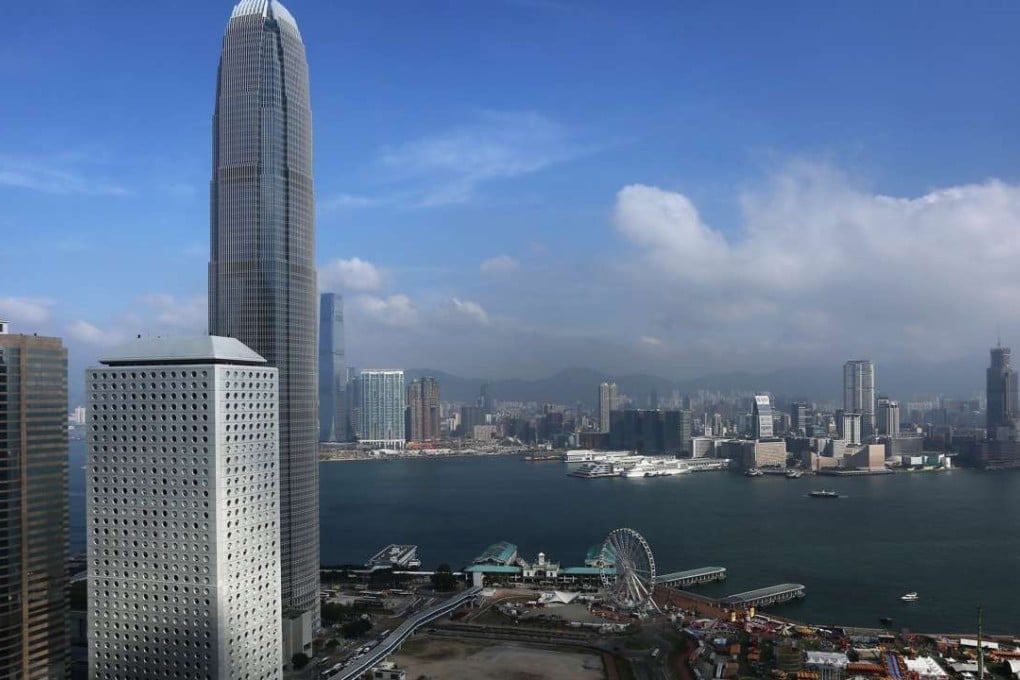Jake's View | Hong Kong is the world’s freest economy? Try Somalia
What that title really means, is freest among those countries where governments suppress freedom in just the right measure to allow the greatest scope for individual initiative while keeping outright criminality in check

Hong Kong has once again beaten key rival Singapore to be ranked the world’s freest economy by a Washington-based think tank for the 23rd consecutive year.
SCMP, February 17
It’s nonsense, of course. The world’s freest economy is Somalia. It has no government, just rival gangs that cannot establish dominance over each other. If robbery is your thing then Somalia is your place. You are free to do whatever you want in the Somali economy.
Likewise Afghanistan as long as you pay lip service to the American occupiers when you grow poppy for the American drug market. Russia for a period after the downfall of the Soviet Empire also clearly held the title of world’s freest economy. It was a free for all, no holds barred, and the fittest won, dragging their knuckles along the ground.
So let us establish immediately that what the Heritage Foundation means is freest among those countries where governments suppress freedom in just the right measure to allow the greatest scope for individual initiative while keeping outright criminality in check.
Now I fully accept that the Heritage Foundation lies several light years to the right of Attila the Hun on the political spectrum and that American neo-conservatism with its love of dropping bombs on other people’s heads is a somewhat dubious school of thought. But I do sympathise with the underlying idea here that, although we must accept a little government intervention, it is not a good thing overall, and we must have no more of it than we truly need.
This is why it surprises me that the Heritage Foundation should consistently choose Singapore as the world’s second-freest economy and sometimes even its freest.
